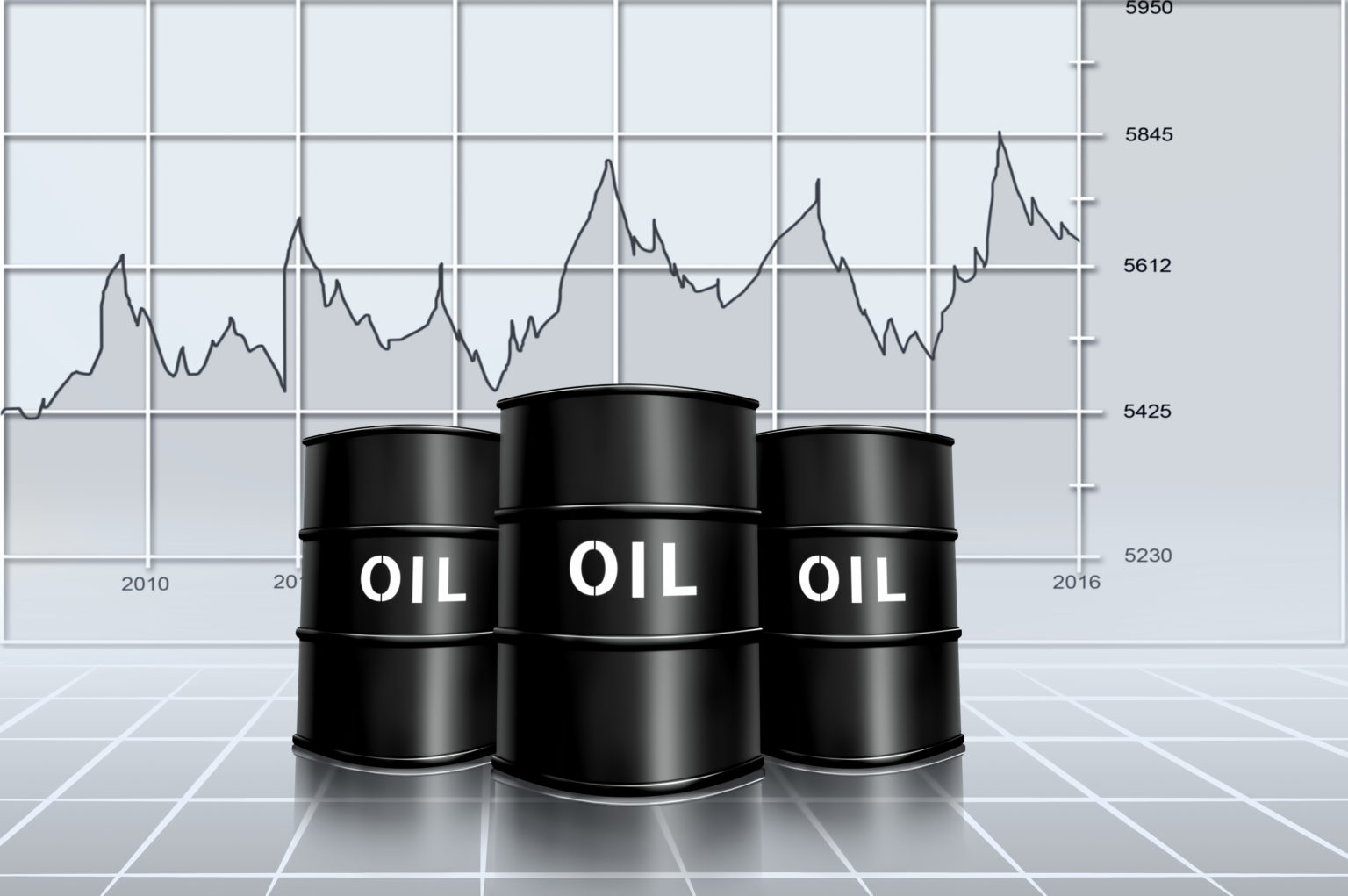Larry Summers, former secretary of the treasury and top economic advisor to President Barack Obama, has strongly advocated to lift the crude oil export ban. And he has a compelling, if not necessarily fact-based, argument.
“Permitting the exports of oil will actually reduce the price of gasoline,” Summers told an audience at the Brookings Institute on September 9th.
This argument for lifting the crude oil export ban is also pushed by the American Petroleum Institute, prominent Republicans and the Government Accountability Office.
When analyzing the push to lift the crude oil export ban, it’s informative to look to the ongoing efforts to sell the massive expansion in U.S. natural gas exports.
The oil and gas industry and its supporters have also pushed the idea that exporting natural gas would be good for the average American. However, in the case of natural gas exports, the outcome was actually quite the opposite as predicted by the Energy Information Administration in a report titled “Effect of Increased Natural Gas Exports on Domestic Energy Markets.”
Their analysis reads: “Increased natural gas exports lead to higher domestic natural gas prices.”
This should come as no surprise to anyone who understands the basic logic of supply and demand. And the Energy Information Administration was right. Last winter, while U.S. natural gas exports increased 75 percent to record levels, domestic prices also hit record levels due to supply shortages in the middle of the U.S. heating season.
Despite this evidence, what do current industry-funded studies say the impact of further increasing natural gas exports will be on consumers in the U.S?
Earlier this year, W. David Montgomery of NERA Economic Consulting told USA Today that “American consumers would benefit overall, because LNG exports would boost the value of the U.S. dollar and thus reduce the cost of U.S. imports.”
So once again the message is that corporations making higher profits by exporting U.S. produced natural gas will be overall beneficial to U.S. consumers. This latest analysis of the impact of natural gas exports by NERA was funded by Cheniere Energy, a Houston-based LNG company.
Not surprisingly, NERA Economic Consulting also completed one of the four “studies” this year that the Government Accountability Office used to conclude that exporting U.S. crude oil would lower U.S. gas prices.
However, President Obama appears to have shot down the industry argument about crude exports reducing gas prices with his recent comments on TransCanada’s Keystone XL pipeline.
In his comments, the president noted the Keystone XL pipeline (like the proposed Energy East pipeline) is primarily an export project. Much of the oil would move through the KXL pipeline to the Gulf Coast refineries and export terminals providing access to the world market where, according to the president, it would have no impact on U.S. gasoline prices.
“I have to constantly push back against this idea that somehow the Keystone pipeline is either this massive jobs bill for the United States, or is somehow lowering gas prices.
Understand what this project is. It is providing the ability of Canada to pump their oil, send it through our land, down to the Gulf, where it will be sold everywhere else. That doesn’t have an impact on U.S. gas prices. You know what does have an impact on U.S. gas prices is the incredible boom in U.S. oil production and natural gas production that’s taken place under my administration.”
So if flooding the world market with tar sands exports from Canada isn’t going to lower U.S. gas prices, why should we believe industry-funded propaganda saying that flooding the world market with U.S. fracked shale oil will lower domestic gas prices?
It would be advisable to remember the president’s words when his administration has to address the lifting of the crude oil export ban in the near future.
In addition to the industry wanting you to believe that they only want to lift the crude oil export ban because they care so much about the U.S. consumer, they also want you to believe this will have no impact on the environment. And yet, the environmental impact of lifting the U.S. crude oil export ban, while mostly ignored by the Government Accountability Office’s report, will be significant. Unless, of course, you believe Larry Summers who said, “oil exports would not exacerbate climate change.”
According to the Government Accountability Office report, estimates of the increase in U.S. oil production as a result of lifting the crude oil export ban range from an additional 130,000 to 3.3 million barrels per day through 2035. To put that in perspective, the Keystone XL pipeline is projected to have a capacity of 830,000 barrels per day.
This additional production of oil in the U.S. will mostly involve fracking — which requires large amounts of water and sand and will result in significantly more flaring and leakage of methane to the atmosphere.
It also will mean more oil-by-rail traffic, along with the risks of oil train explosions in populated areas and the economic drag that the increased oil-by-rail traffic has on the economy by impacting other industries.
All of these factors, as well as President Obama’s recent statement about oil exports and gas prices, should be part of the growing conversation about lifting the crude oil export ban.
However, since that conversation is currently dominated by industry-funded studies, these issues are being ignored.
Expect the new Republican-led Congress to make lifting the export ban a priority in the near future.
Subscribe to our newsletter
Stay up to date with DeSmog news and alerts






